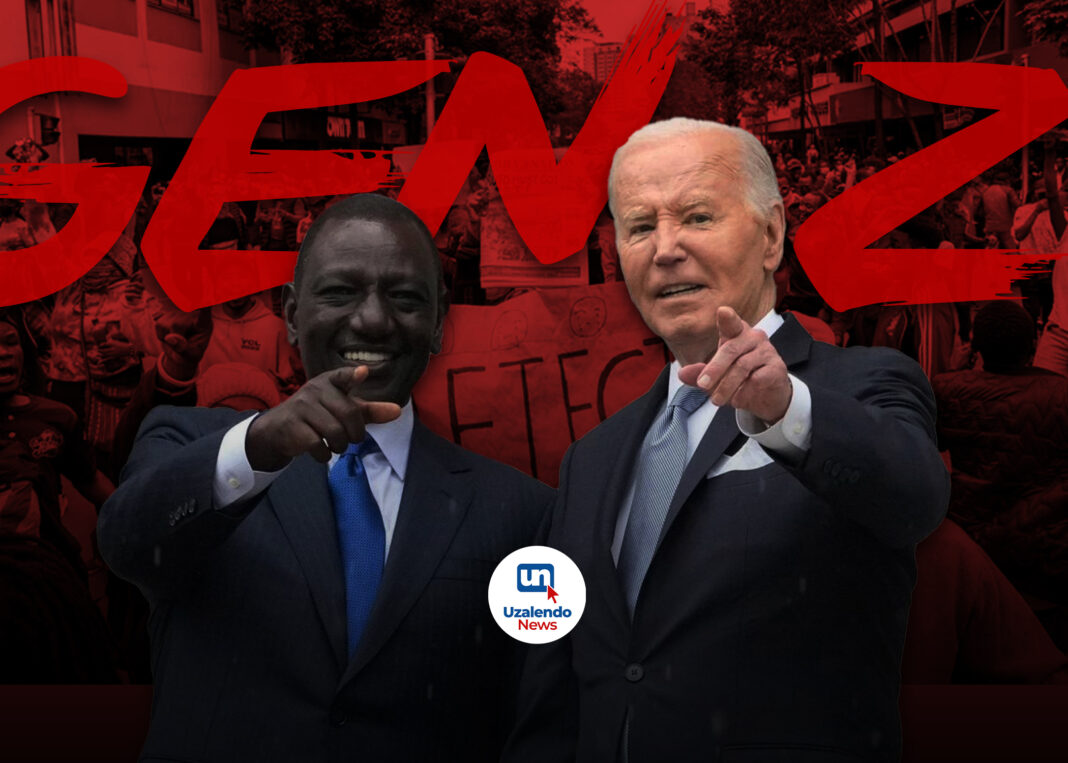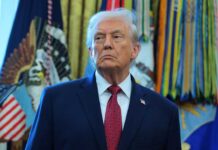Kenya’s President William Ruto has been facing intense criticism over his administration’s handling of the economy, with protests erupting across the country and calls for his departure growing louder.
In recent months, Ruto has been feted on the global stage, addressing climate activists under the Eiffel Tower and rubbing shoulders with tech moguls in Silicon Valley.
However, back home, Kenyans are struggling to make ends meet as the cost-of-living crisis worsens and corruption continues to plague the government.
Ruto’s recent U-turn on planned tax hikes, following days of protests, has only added to the sense of discontent. The move has left his administration divided and opponents sensing an opportunity to capitalize on the unrest ahead of the 2027 elections.
The protests have been fueled by widespread anger at the government’s perceived neglect of the needs of ordinary Kenyans. Critics say that Ruto’s administration is more interested in courting foreign leaders than addressing the country’s domestic challenges.
“I am not surprised that people are taking to the streets,” said Willy Mutunga, Kenya’s former chief justice. “As long as the material interests of the youth are not addressed, the chasm will only grow bigger and bigger.”
Despite the domestic challenges, Ruto’s administration has expanded Kenya’s global role, earning recognition as a major non-NATO ally and speaking out on climate change. However, critics say that Kenya’s relationship with Western powers has come at a cost, with the government failing to address the country’s economic and social challenges.
“If Ruto does not focus on addressing domestic concerns, Western powers may lose their key ally in Africa,” said Declan Galvin, managing director of Nairobi-based Exigent Risk Advisory.
The government must now come up with a new plan to tackle debt and make deficit cuts to meet international funding requirements. If it fails to do so, Kenya risks facing further economic hardship and international isolation.
Ruto must also address the concerns of protesters and find a way to engage meaningfully with those who are demanding change. The next election is still several years away, but Ruto must act quickly to shore up his popularity and address the country’s deep-seated problems.
As Kenya navigates this challenging period, one thing is clear: its future is uncertain. Will Ruto be able to turn things around and address the concerns of ordinary Kenyans, or will he continue to prioritize his global ambitions over his country’s domestic challenges? Only time will tell.



















